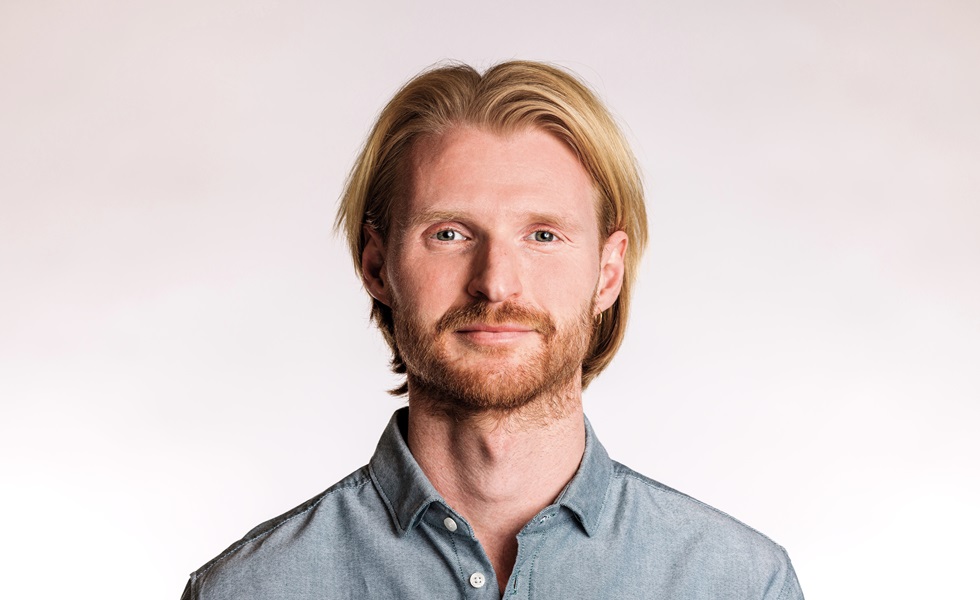Joeri de Wilde: Sustainability specialists in the Zuidas must make more noise

This column was originally written in Dutch. This is an English translation.
By Joeri de Wilde, Senior Economist at Triodos Investment Management
Large asset managers and consulting firms like to present themselves as neutral practitioners and objective experts. In reality, they are all-powerful players deliberately slowing down the sustainability transition. It's high time their own sustainability specialists took action.
Recently, I spoke with a sustainability specialist from one of the world’s largest asset managers. He wanted to exchange thoughts after a critical column about his employer. It was an open conversation in which we largely agreed on the necessity of a rapid transition to a sustainable economic system. We disagreed more about the role asset managers themselves (should) play in this.
Asset management and consultancy quietly determine the course
According to the sustainability specialist, the ball is mainly in the court of governments and the ultimate investors (asset owners). Yes, American giants like BlackRock, Vanguard, and State Street are the largest shareholders in nearly 90% of the companies in the S&P 500 and in more than half of the AEX-listed companies. But it’s still the client who decides where the money goes. Managers can only provide sufficient sustainable investment options.
But that’s far too simplistic, I argued, because the vast majority of clients delegate their shareholder power to the manager, or have no access to voting rights at all. As a result, the internal guidelines of asset managers determine the course of the business world. And these guidelines are primarily aimed at slowing down the sustainability transition, since social or ecological proposals rarely receive support.
That invisible power is not only concentrated among asset managers. The large consultancy firms also pull the strings of the economy and are certainly not the objective brokers of expertise they claim to be. Economists Mariana Mazzucato and Rosie Collington convincingly show how these firms, through advice and delegated management functions, deeply influence the course of companies and governments. They, too, consciously slow down sustainability, since their business model still heavily depends on polluting sectors.
The top has no ideals
Still, the ideals of my conversation partner seemed sincere. And he’s not alone: in 2021, more than a thousand McKinsey consultants, in a rare leaked expression of dissatisfaction, called on their employer to disclose the CO₂ emissions of their clients. “Our positive impact in other areas will mean nothing if we don’t prevent our clients from irreversibly changing the Earth,” they wrote. A courageous appeal, but without follow-up.
Moreover, since then a harsh anti-ESG wind has been blowing from the U.S., pushing the top of asset management and consultancy further in the wrong direction. Inevitable, according to the sustainability specialist, given the legal risks. But after their earlier big words about sustainability, you’d at least expect top executives to voice public opposition. Yet the silence is deafening.
Sustainability specialists, make yourselves heard
That’s exactly why it’s time for sustainability specialists to raise their voices. They often justify their choice to work at such companies with the argument that the system can best be changed from within. But that promise is empty if nothing changes. Then their role goes no further than greenwashing corporate activities, and they’d be better off leaving.
Of course, it’s not easy to be a thorn in the side within hierarchical, conservative organizations. But that is the very essence of moral courage: acting when it’s inconvenient. Moreover, these are usually not naïve twenty-somethings disappearing straight from university into the comfortable “Bermuda Triangle of talent,” but sustainability professionals who consciously switched to the dark side. We should expect more from them.
So embrace activism—by not hiding internally or whispering during meetings, and externally by not excusing the positions of the employer. Society deserves louder, more assertive sustainability specialists on the Zuidas.
